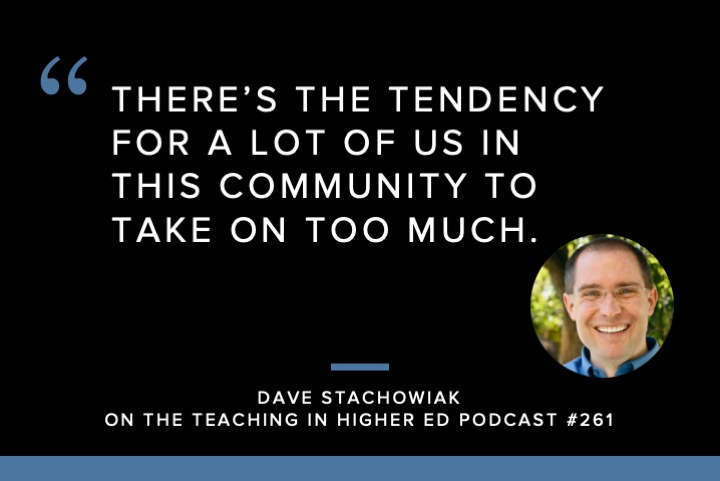Episode: Scientific Culture and the Making of the Industrial West, by Margaret Jacob
Episode pub date: 2018-07-10

Margaret Jacob’s book helps us understand how scientific knowledge became integrated into the culture of Europe through the 1600s and 1700s, and how the different social and political conditions of different European countries influenced the application of science to material prosperity. Jacob enhances our understanding of the role of science in the Industrial Revolution, and provides insight on why Britain’s distinctive approach to the utility of science enabled it to industrialize generations earlier than any other country.
You can support Context on Patreon at https://www.patreon.com/context, or through https://bradharris.com.
The podcast and artwork embedded on this page are from Brad Harris, Historian, which is the property of its owner and not affiliated with or endorsed by Listen Notes, Inc.




 Every time you have somebody on I just feel like there’s something that I’m using in my own work.
Every time you have somebody on I just feel like there’s something that I’m using in my own work.

